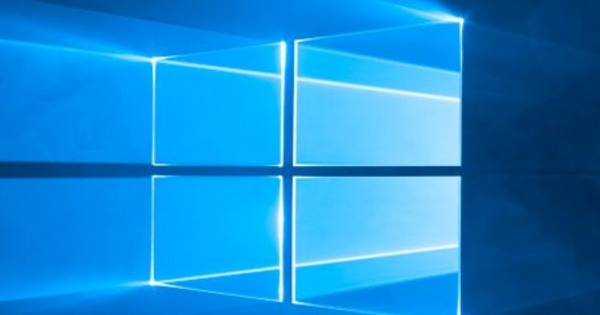In the better NAS devices it is possible to use an SSD as a cache. Sometimes by sacrificing one of your drive bays for an SSD, but some NAS devices even have specific slots for cache SSDs. But how meaningful is that now? Or rather: when does it make sense? For two years we used an SSD cache in our NAS, now we are taking stock.
The concept of cache has been used in computers for decades. For example, a modern processor has something of cache, but mechanical disks and SSDs (solid state drives) almost always use some form of cache. A cache is simply a buffer, a buffer that is faster than the rest of the underlying hardware. By adding a little bit of faster and more expensive cache memory, you can significantly improve the performance of a component without incurring extreme costs.
Cache can be used to read data faster, i.e. the data that is requested is available faster, but also to write faster, in which case the buffer can absorb the data faster before processing that data.

cache in a nas
A NAS that consists entirely of SSDs is, admittedly, extremely fast, but also very expensive. Caching a small amount of SSD storage as a cache for a larger amount of mechanical storage can improve performance a lot. A read SSD cache in a NAS sees which files you use the most and ensures that they are immediately ready for use. In addition to speed gain, this has another advantage: the fact that your mechanical discs have to perform fewer actions is positive for their lifespan and the noise production. A write SSD cache ensures that when saving data you apparently write the files faster, while the NAS itself then quietly transfers the data from the cache to the mechanical disks.

Faster and quieter, but…
Two similar NAS systems ran for two years, one of which had an SSD cache. We certainly have no complaints about the effectiveness of the cache function of our Synology DS918+, a 4bay NAS with two cache SSD slots. After about two months of use, about a third of all the data we requested came from the cache and that percentage has now risen to over ninety percent. Although this will of course differ per usage scenario, we think that is a very positive sign. And we're talking just 256 GB of SSD cache on 32 TB of hard drives.
However, we wonder to what extent those gains are really noticeable. Opening a folder with photos on the nas without cache actually feels smooth. Just because we happen to be able to compare both situations, a difference is really noticeable, but we estimate the chance is small that as an end user you suddenly become very enthusiastic about the performance gain. And while the SSD cached NAS is definitely noticeably quieter, it's still not a device you want to place within hearing range. We are even more critical about the write cache, what's the point of an extra fast write buffer when the bottleneck of the data transfer is your gigabit network? Only enthusiasts with a multi-gigabit network and multi-gigabit NAS really benefit from such a write cache.

Complex considerations
So the reality is that the gain and usefulness of an ssd cache depends very much on the scenario you are in. Is the clatter of hard drives a thing in your area? Then the profit of an SSD cache is very interesting for that reason alone. If you don't plan to upgrade your gigabit NAS and network, the speed gain is not exactly something to run to the store for. And for some NAS devices it also plays a role that you have to sacrifice one of your normal drive bays for it. So an SSD cache is not even a workable option for everyone.
Conclusion
Although there are some snags to the concept, we must not forget that ssds are not very expensive today and that we also do something really crucial with an ssd cache: we relieve one of the most vulnerable parts with a relatively high probability of failure: the mechanical hard drive. Now you should always have a backup of your NAS anyway, but if you can relieve these parts for a modest amount, your NAS becomes quieter and gets some extra performance, we say: if you have room for a cache file. ssd it's really not a bad idea!
Alternative: give an ssd its own folder
Instead of using an SSD as a cache for your entire NAS, you can also consider adding an SSD to your NAS and assign it its own folder within your network. SSDs have come down in price quite a bit and models of 1 or 2 TB are very affordable. This way you can just permanently park your most used and smaller files on an SSD, i.e. without sound and at maximum speed, while leaving larger folders such as your video files, which normally wouldn't be cached anyway, on the slower hard drives. An additional advantage (because the SSD is then its own entity within your NAS operating system) is that it is also possible to run specific applications that you run on your NAS from the SSD, such as Docker containers.

